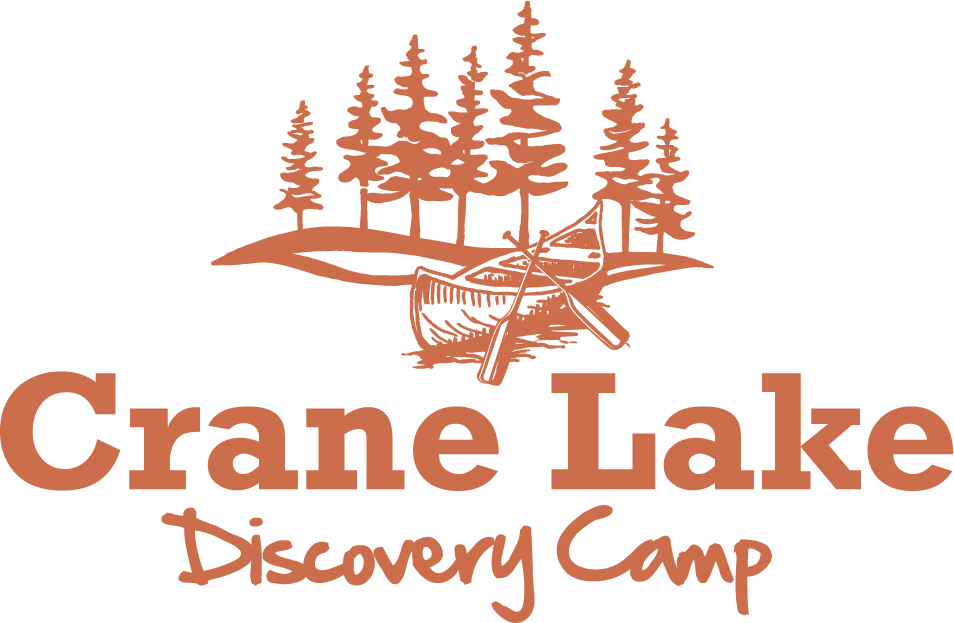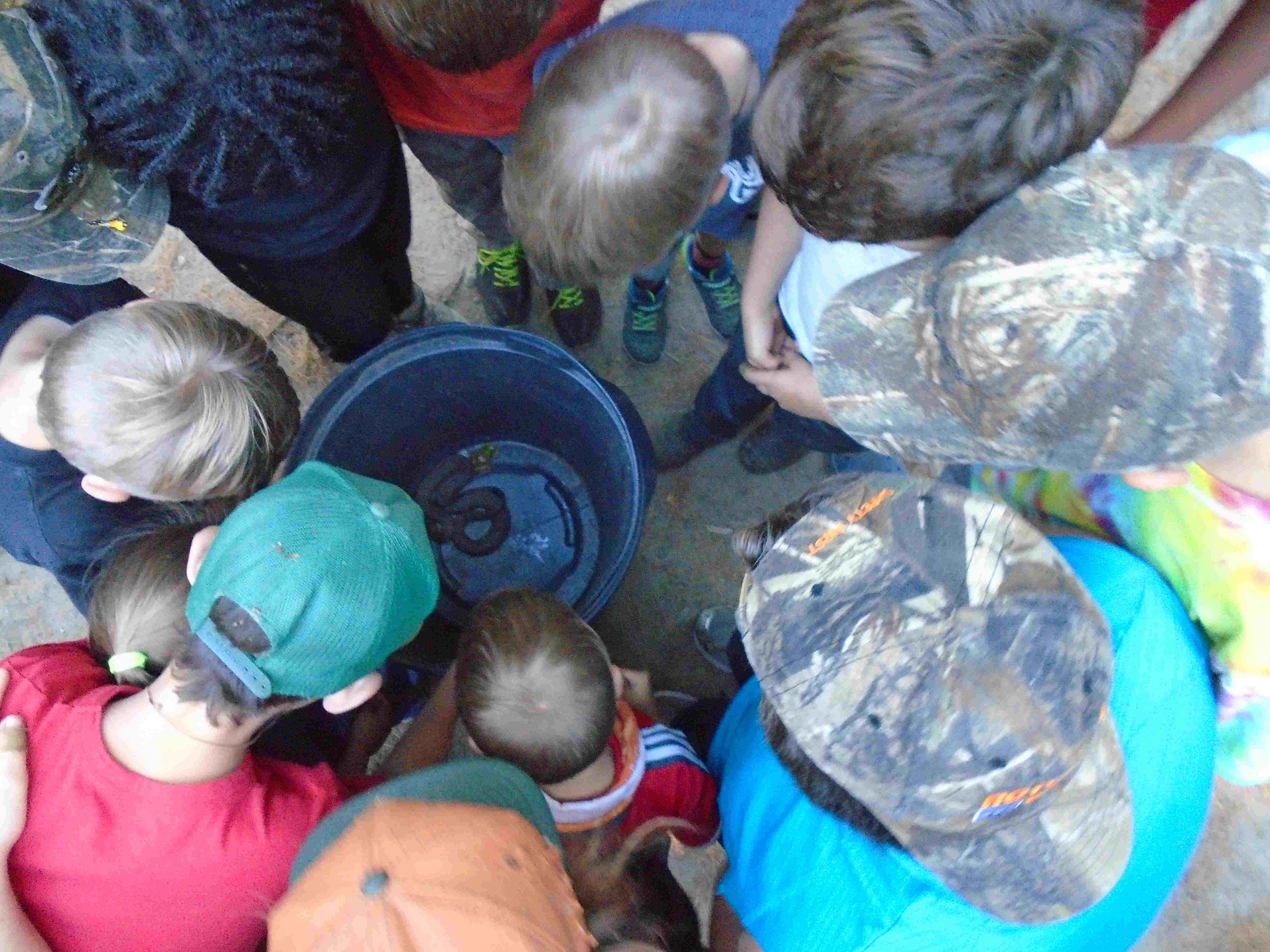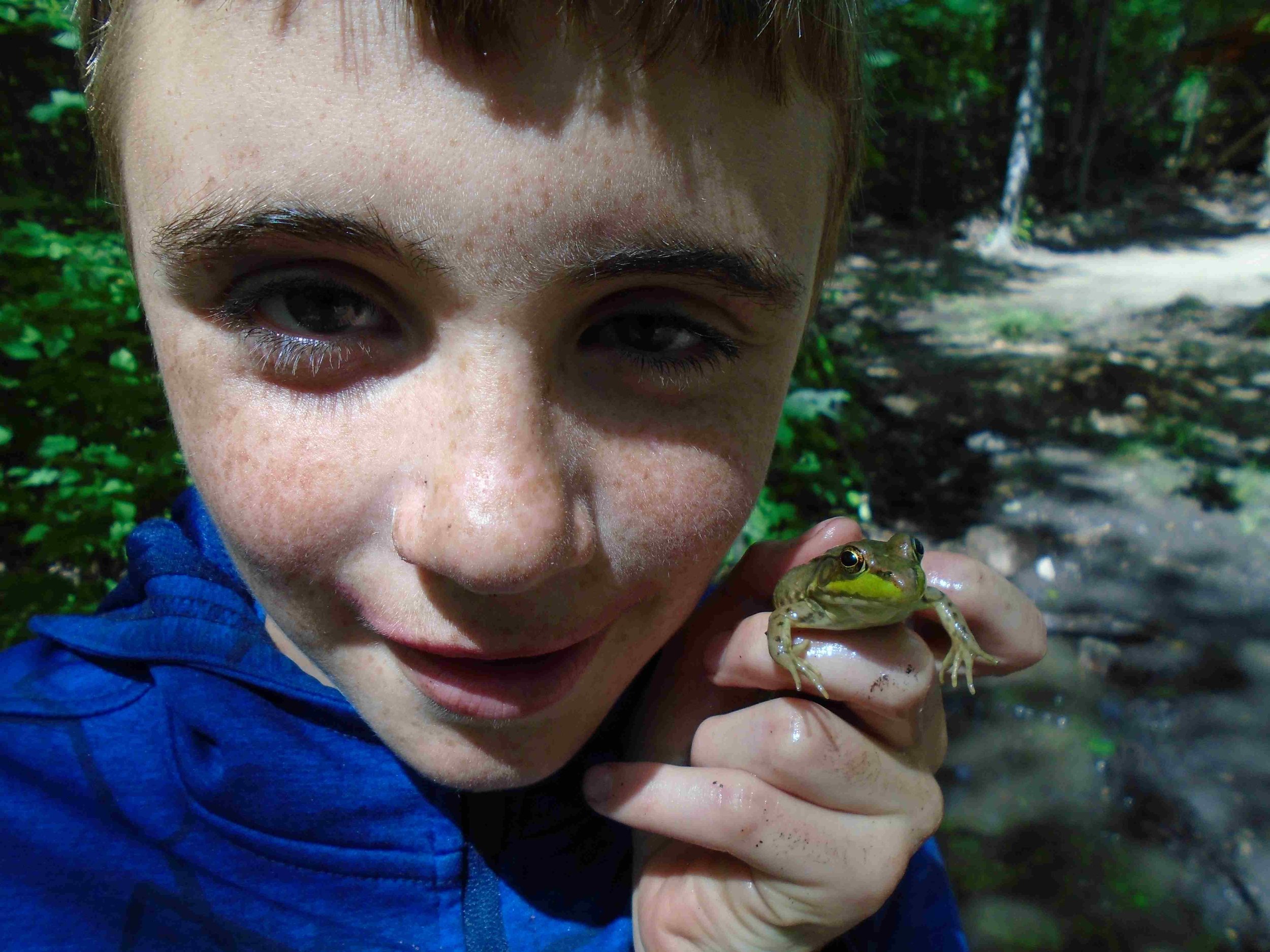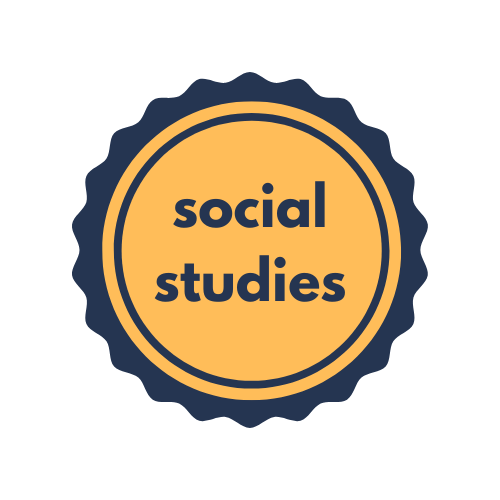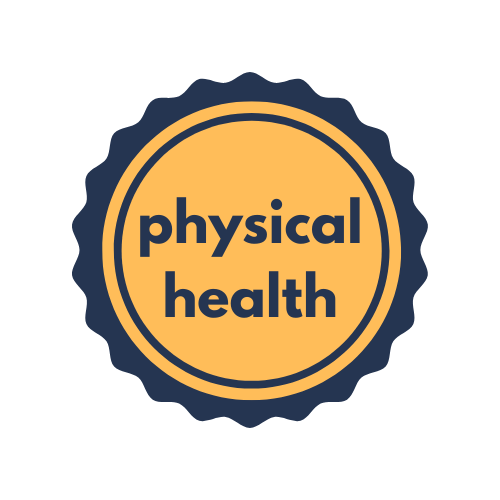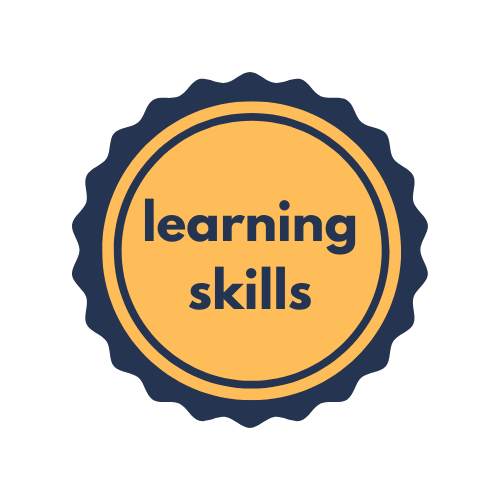
Education looks different here…
Our education program
Our year-round education program is an experiential, hands-on program that teaches skills that impact every area of life. We view every hour of every day as a learning opportunity, where instead of using a formal classroom setting, academics are built into the daily routines and activities of camp life. Our alternative school offers a choice to boys who are struggling in mainstream schools.
Our focus is to rebuild the ability to learn in each boy (propensity to learn). When boys leave our program, they will be life-long learners who:
are curious, asking questions about what they see around them
know how to find information for their questions
apply logic and critical thinking to information
can make realistic goals and plans
can complete plans, and follow through on commitments
take responsibility for their own learning (internal motivation)
can anticipate problems and be proactive
Why experiential education?
Most of the boys who come to camp have struggled in a traditional school setting, with repeated failures and frustrations causing them to give up. Like a circuit breaker, they shut down when facing a test or assignment.
Because of this, education looks very different at Crane Lake Discovery Camp. Our first task is to awaken a boy’s innate curiosity. We deliberately bypass traditional school structures, allowing learning to happen naturally, within the routines and structures of camp.
“I have never seen a boy who did not want to learn, no matter how he behaved at school… [the boys] are afraid of failure. It has occurred with such regularity over so long a period that they rebel against trying, no matter what the cost. … This is not because they do not want an education, but because they cannot acquire it in the particular way it is being offered.” —Campbell Loughmiller
Here, learning is led by curiosity. The pace of the day is relaxed enough to pursue discoveries, with the group stopping to answer questions as they go. What they learn is practical, necessary for what they are trying to accomplish. They learn to ask the right questions for the task.
Here, boys have a chance to discover their own natural curiosity and how to learn practical things that impact their life. These patterns set them up to be life-long learners, who can tackle anything life throws at them.
How does learning follow curiosity?
If a boy catches a frog, learning activities might include:
Looking at the anatomy of a frog (science)
Learning about habitats (reading, science, social studies)
Completing some sketches, drawings, or paintings of frogs (the arts)
Measuring and comparing sizes of frogs found (writing, math)
Learning about the lifecycle of a frog and trying to find real life evidence of each stage (science, physical health, learning skills)
Writing an article about their discoveries (writing, learning skills)

Structures of our academic program
-

Campsite routines
Daily chores at the campsite teach the boys to take responsibility for their home. Cause and effect are natural teachers.
-

Work
Daily work periods teach the boys to work together and to keep going when it’s hard, helping them to develop a good work ethic.
-

Recreation
Activities like swimming, canoeing, fishing, hiking, organized sports, and skating easily teach physical education skills.
-

Chuckwagon
After each meal, there is a time of sharing. Boys can present discoveries, or staff present information the boys are curious about or need to know for projects.
-

Trading Post
Campers track their allowance in a ledger, saving up and writing a cheque to buy things like fishing lures or shampoo.
-

Cookout
Campers cook some meals at their campsite. They learn menu planning, healthy eating, recipe scaling, budgeting, and food prep.
-

Building projects
Building a new tent structure provides practice in planning, writing, math, geometry, biology, and working hard together.
-
Trip planning
Planning a canoe trip requires research, planning, estimating, menu planning, budgeting, math, science, and writing skills.
Academic subjects
Academic subjects are naturally incorporated into daily camp life.
-
Language skills are practiced through writing weekly plans; writing letters home; writing articles about experiences; writing trip and building plans; writing letters for information about prospective field trips; reading reference and other books; reading planning documents; reading recipes; reading maps.
-
Math skills are practiced through tracking income and expenses for the Trading Post; scaling recipes for Cookout; estimating grocery list for Cookout; budgeting for Cookout; measuring ingredients when cooking; measuring while creating a building plan; geometry and angles when creating a building plan; estimating materials for building plans; measuring when cutting wood; recording and tracking progress of building plan; spatial awareness.
-
Science and biology subjects are naturally explored: identification of various plants, insects, reptiles, fish, and animals; observations of habits and life cycle of organisms; observations of types of ecosystems and habitats; anatomy of various organisms; weather patterns; water management in rivers and lakes.
-
Social studies, history, and geography is explored on the property and on field trips. Boys learn about history of this property, the local logging history, historical events in the area, dam control and the impact on land use; how to use a map and a compass; geographical features in the shape of the land; logging methodologies and theories of forest management; history of local people and settlement; geological facts.
-
Our program is highly physical; boys hike a 1/4 mile to the Chuckwagon for each meal. On top of that, there are many physical skills they learn: canoeing, swimming, hiking, skating, and chopping wood. Personal hygiene routines are modelled and taught. Health subjects like how to plan balanced meals, how to cope with mental stress, self-regulation, and self-awareness are regularly taught.
-
Art skills are practiced through carving of wood crafts; drawing, sketching, or painting of various subjects (trees, lakes, mammals, reptiles, fish); making models, like small scall models to test plans; drawing building plans; drawing a reptile that was caught; drawing the anatomy of a fish; singing at chapel.
-
Campers daily learn responsibility, organization, independent work, collaboration, initiative, and self-regulation. These are the main outcomes of Group Work, and are practiced and modelled every day.
Assessment and evaluation cycle
Assessments, along with regular evaluations, measure a boy’s progress throughout his stay at camp. Before camp, boys and their caregivers participate in some initial assessments. They also decide on some initial goals, with the help of the Family Worker and Program Director.
Throughout the camper’s time in our program, staff evaluate progress with daily documentation and weekly summaries. All projects completed are added to a portfolio of his work.
The quarterly report is a more comprehensive evaluation of the boy’s progress. It includes a parent conference, where the boy, his caregivers, and staff meet around a table to candidly discuss his progress, and to create goals for the next quarter.
When the camper is ready to graduate, the assessments are repeated to measure progress. We also provide caregivers and home schools with a portfolio of the work he completed during the program to highlight and celebrate his educational success.
Reintegration back to school
We understand the uniqueness of our educational program and aim to prepare each boy for a successful return to his home school upon graduation from the program. When the camper is ready to return home, we work closely with his home team to ensure a smooth transition back to school and home.
Our Family Worker and Program Director will meet with caregivers, school principals, resource teachers, social workers, and guidance counselors in the time leading up to this transition.
In these meetings, we will discuss:
Progress. We will outline the progress he has made in our program, reviewing assessments and summarizing academic and social progress.
Transition strategies. We will review his anxieties about going back to school, and discuss strategies to help.
Learning strategies. We will review the learning strategies that he found the most successful at camp, and how these can be applied in the classroom and in school life.
Paperwork. We will provide the school with copies of his assessments, quarterly reports, a portfolio of his completed work, a summary of strategies for ongoing success, and an updated Individual Education Plan (IEP), if applicable.
We will continue to be on call as the boy settles into school, and will meet one month after his return to school to review his progress with the caregiver.
Accreditation
Crane Lake Discovery Camp is accredited as a private school (non-inspected). Our school has been assigned a BSID number by the Ministry of Education and is listed as a private school on the Ministry website.
Our BSID# is 669698.
